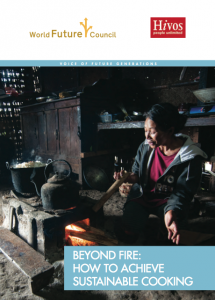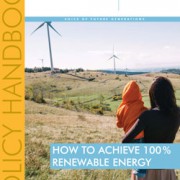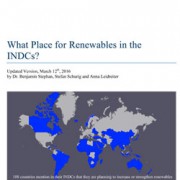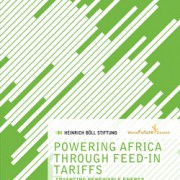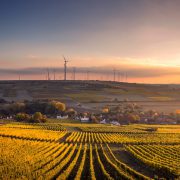Beyond fire: how to achieve sustainable cooking
Abstract
Across the world, 3 billion people rely on traditional biomass fuels, such as firewood, charcoal or animal dung to meet their energy needs for cooking, causing serious adverse consequences for the environment, health, and economic development of the population.
Reliance on wood and charcoal for cooking has a number of well-recorded negative effects, including deforestation, soil erosion or loss of biodiversity. Exposure to household air pollution from cooking with solid fuels causes 4.3 million premature death according the World Health Organisation.
We need a breakthrough transition towards truly long-term, sustainable solutions which do not leave anyone behind. To inform and push the discussion beyond wood and charcoal-based solutions, this broad analysis on sustainable cooking suggests how the various renewable energy technologies could help accelerate this transition. The goal of this report is not to prove that a particular pathway will ever fully or exclusively replace the use of traditional biomass for cooking purposes: rather, the goal of the report is to critically evaluate the various different technological pathways and the barriers along the way.

